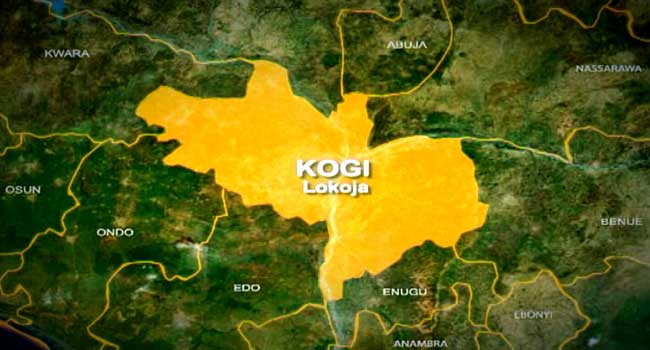Dr. Musa Mu’azu, the Executive Director of the Kogi State Primary Health Care Development Agency (KSPHCDA), embarked on a sensitization and advocacy visit to the palace of the Ohimege of Koton-Karfe, Dr. Saidu Salihu. The primary objective of the visit was to solicit the monarch’s support in bolstering routine immunization activities across the state. Mu’azu lauded the Ohimege’s past contributions to the health sector, emphasizing his instrumental role in community sensitization regarding the importance of routine immunization and other crucial health interventions. The visit underscored the commitment of Governor Usman Ododo’s administration to providing quality healthcare services, particularly at the grassroots level.
The core message of the advocacy visit centered on the critical importance of routine immunization and other health interventions as essential components of maximizing the utilization of primary healthcare services within the community. Mu’azu stressed the need for traditional leaders to take ownership of immunization activities, actively mobilizing and sensitizing their communities to ensure effective healthcare service delivery. He assured the Ohimege and his council of chiefs of the agency’s unwavering commitment, under his leadership, to delivering efficient and effective healthcare services to all communities in Kogi State. He further urged the communities to fully embrace the healthcare delivery system to reap the full benefits of the opportunities provided by the State Government through the KSPHCDA. Mu’azu also extended his gratitude to the traditional leaders on behalf of the Commissioner for Health, Abdulazeez Adeiza, acknowledging their consistent support and commitment to immunization efforts.
The Ohimege of Koton-Karfe, in his response, congratulated Dr. Mu’azu on his appointment and the opportunity afforded him by the Governor to lead the KSPHCDA. Identifying himself as a staunch advocate for health initiatives, the monarch expressed his appreciation for Mu’azu’s proactive approach in recognizing the crucial role of traditional leaders in primary healthcare service delivery. He affirmed the principle that when communities effectively utilize their primary healthcare institutions, the burden on secondary healthcare facilities is significantly reduced, leading to a more efficient and sustainable healthcare system.
The Ohimege pledged his full compliance with the KSPHCDA’s initiatives and committed to directing all his subjects to follow suit. He emphasized the importance of adhering to established operational standards for traditional leaders in their respective communities. This collaborative approach, leveraging the influence and reach of traditional leaders, is crucial for achieving widespread acceptance and participation in immunization programs and other essential health interventions. The interaction between Dr. Mu’azu and the Ohimege highlights the significance of partnerships between government agencies and traditional institutions in strengthening healthcare systems, particularly in reaching remote and underserved communities.
The Ohimege’s affirmation of the significance of primary healthcare underscores a fundamental principle in public health: prioritizing preventative care and early intervention. By focusing on robust primary healthcare services, communities can effectively address health issues at their nascent stages, preventing them from escalating into more complex and costly medical conditions that often require specialized care at secondary and tertiary facilities. This proactive approach not only improves overall community health outcomes but also contributes to a more sustainable and efficient healthcare system.
This visit signifies a vital step in strengthening the healthcare landscape of Kogi State. By engaging traditional leaders like the Ohimege, the KSPHCDA is effectively mobilizing community support and fostering a sense of ownership towards healthcare initiatives. This collaborative approach is essential for achieving sustainable improvements in health outcomes, particularly in areas like immunization, where community participation plays a pivotal role. The commitment of both the state government and traditional authorities sets a positive precedent for community-driven healthcare development.


